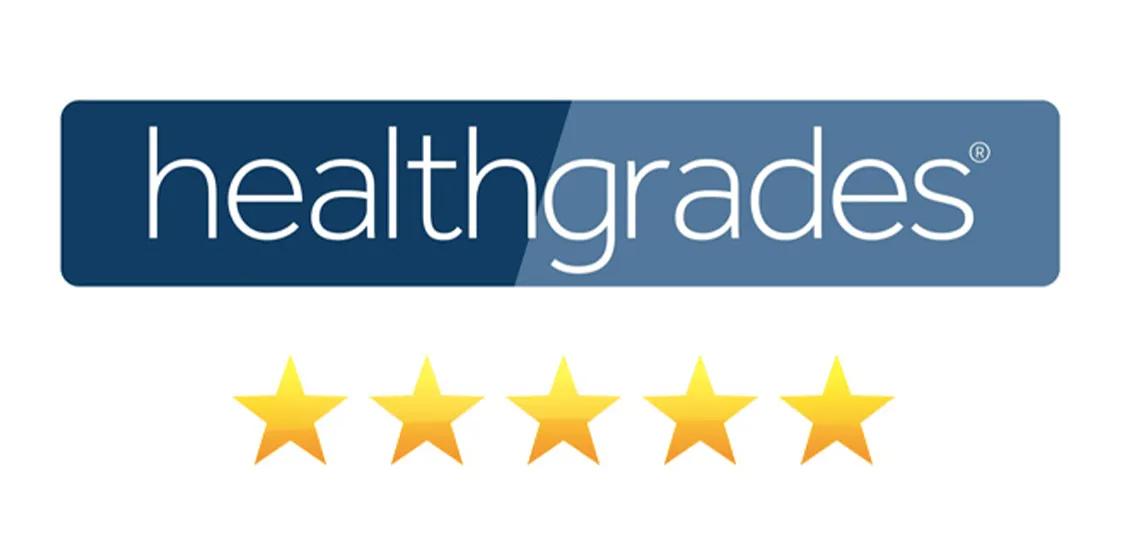Approximately 20% of adults in the United States are diagnosed with gastroesophageal reflux disease. This common gastrointestinal disease occurs when the lower esophageal sphincter — the ring of muscles that open and close to allow food and liquid into the stomach — no longer works as it should. When the muscles weaken, they allow stomach acid to gain access to the esophagus. This leads to a variety of unpleasant symptoms that can interfere with health and quality of life.
If you have symptoms of GERD, you may be wondering what treatment options are available to you. Depending on the specifics of your case, you may be a candidate for GERD surgery. Here are a few things to know about this surgery before you schedule yours with the help of your doctor.
What Is GERD Surgery?
For people who have GERD, there are surgical treatments available. These surgeries may rectify the problem with one of the following surgical methods:
- Fundoplication: This procedure involves reinforcing the sphincter and lower esophagus by wrapping it with a portion of the upper stomach.
- LINX Surgery: During this surgical procedure, a surgeon wraps a magnetic device around the lower esophageal sphincter to strengthen and compress the area. The structure of the magnetic device allows the sphincter to open so food can pass through and close to prevent stomach acid from invading the esophagus.
Doctors may recommend one of the above surgical options if you have tried antacid medications with no relief. They may also recommend surgery if you have ulcers, bleeding or other complications stemming from GERD.
What Are the Benefits of GERD Surgery?
Surgical interventions for GERD usually have high success rates, with many patients reporting satisfaction with their procedures and receiving several imporant benefits:
- Improved quality of life
- Better sleep
- Long-term relief from acid reflux symptoms
People who have surgery for their GERD symptoms are often able to discontinue their use of acid reflux medications as well. In this way, the initial cost of surgery is often made up over time in saved medication costs.
Who Is a Good Candidate?
Not everyone who experiences acid reflux is a good candidate for surgery. Some people may be able to manage their symptoms fine with medication or lifestyle changes. Additionally, people who have been diagnosed with esophageal cancer or Barrett’s esophagus should not receive GERD surgery because it may be harmful to them.
If you do not have the above conditions, you may want to consider surgical intervention if you:
- Have consistent heartburn or acid reflux that doesn’t respond well to antacid medications
- Can’t sleep due to acid reflux symptoms
- Have a measurable pH acidity in your lower esophagus that qualifies you for surgery
- Have severe complications from GERD
Of course, your doctor will need to assess you to determine whether surgery is the most appropriate and recommended action for your particular case.
What Are the Risks Associated With GERD Surgery?
As with any type of surgical intervention, there are some risks associated with LINX or fundoplication surgeries for GERD. They include:
- Infections
- Adverse reactions to anesthesia
- Bleeding
- Esophageal injury
- Returning heartburn
- Bloating and digestive discomfort
- Difficulty swallowing
There is also a possibility that the surgical intervention may weaken and become less effective over time. However, most people experience long-lasting results from this surgery.
How Long Does It Typically Take to Recover?
You will probably need to spend a night in the hospital after your surgery. During this time, you’ll be closely monitored and given special care.
Once discharged, you’ll need to follow your doctor’s post-surgical instructions with precision. You’ll need to follow a special diet for a period of time as recommended, which will likely include liquid or soft foods. Over time, you’ll be able to gradually transition to a regular diet.
Approximately two weeks after GERD surgery, you’ll need to see your doctor for a follow-up appointment. If everything heals as expected, you should be able to resume most everyday activities up to three weeks after surgery or sooner. However, make sure you avoid heavy lifting and other strenuous activities until your doctor says it’s OK to resume them.
How Do You Prepare for Gastrointestinal Surgery?
There are a few things you will need to do before you can undergo surgery. Your doctor will most likely order standard tests such as a blood chemistry panel, chest X-ray, electrocardiogram, or complete blood count test. These are intended to make sure your lungs and heart are healthy prior to your procedure. They should also help rule out any other health problems that may impact your eligibility for GERD surgery.
Prior to your procedure, dress in a set of loose, comfortable clothing that’s easy to remove. Leave jewelry, watches and other accessories at home. Talk to your surgeon about any medications you may need to stop taking to reduce your risk of bleeding during your procedure.
What Can You Do to Minimize GERD Symptoms?
There may be some things you can do to temporarily minimize your GERD symptoms while you wait for your scheduled surgery day. Try:
- Losing weight if you are overweight
- Avoiding eating at least two hours before bedtime
- Propping your upper body up on two or three pillows as you sleep, or sleeping in a recliner
- Tracking which foods trigger your symptoms and avoiding those foods
- Avoiding greasy, highly processed foods
- Quitting smoking
For some people, these lifestyle changes may simply decrease symptoms while they wait for surgery. Others may find that these above interventions improve their symptoms so much that surgery may no longer be required.
Schedule GERD Surgery Today
Are you ready to finally experience relief from your disruptive acid GERD symptoms? You may be surprised to discover just how high your quality of life can be when you no longer have to deal with the discomfort and pain of constant acid reflux. To schedule your GERD surgery, contact Arizona Premier Surgery today. We look forward to explaining your treatment options and helping you take the first step toward a GERD-free lifestyle.
Sources:
https://www.ncbi.nlm.nih.gov/books/NBK441938/
https://www.medicalnewstoday.com/articles/gerd-surgery
https://www.verywellhealth.com/gerd-heartburn-surgery-5201004
https://www.healthgrades.com/right-care/acid-reflux-surgery/8-things-to-know-about-acid-reflux-surgery
https://www.vipsurg.com/frequently-asked-questions/am-i-a-candidate-for-gerd-surgery/




